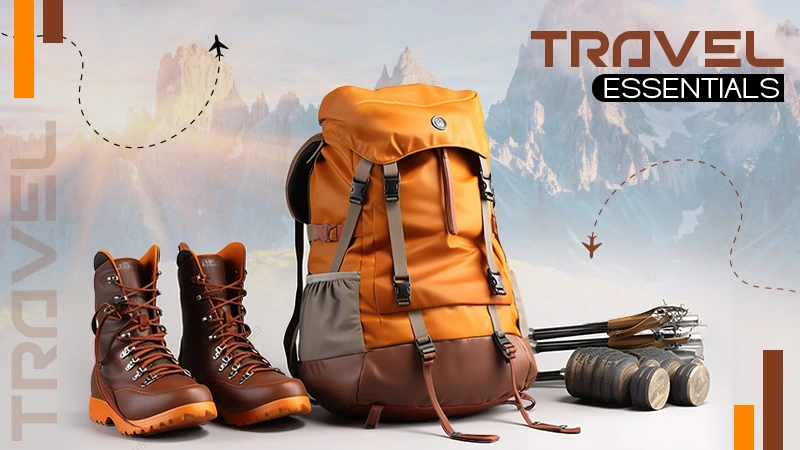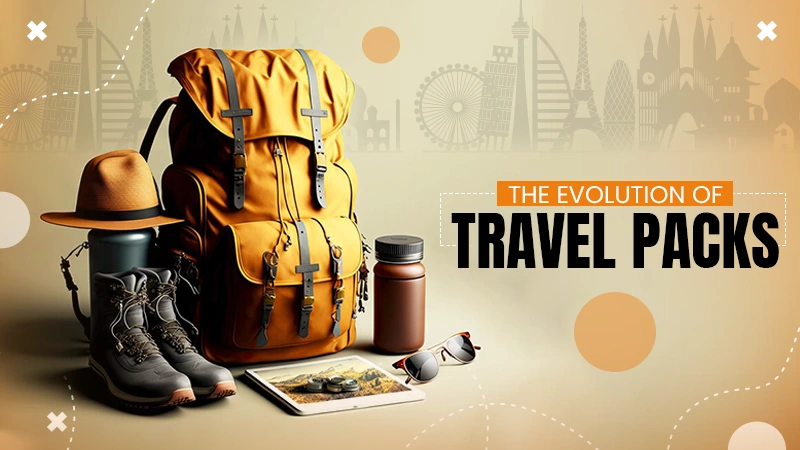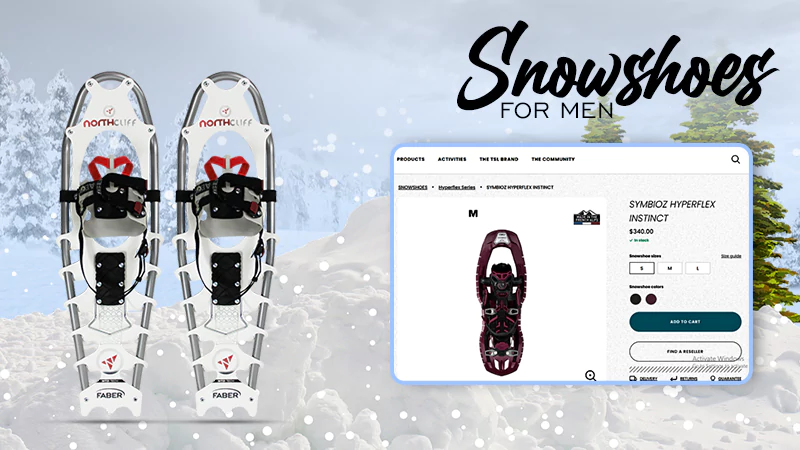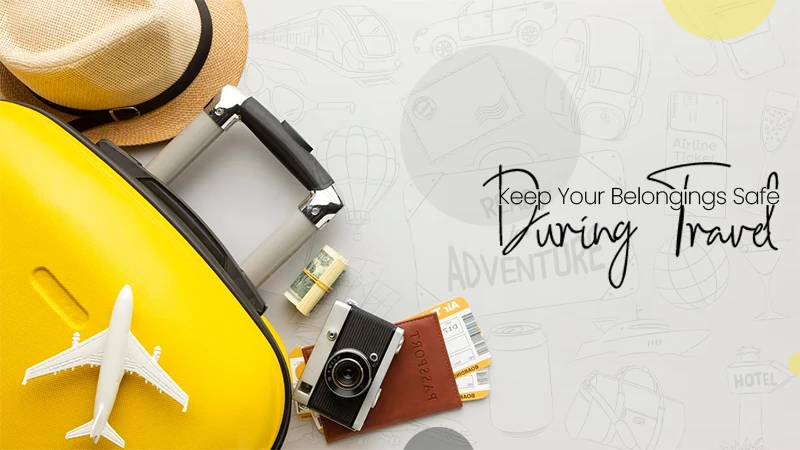
It’s decided, you want to travel to Paris. You know it, you feel it inside. Now come the two big questions: how and how much? In this article, Julius Homes is going to focus on travel preparations to Paris.
Planning a trip well before taking it can save us a lot of time, money, and worry once there.
This way we can dedicate ourselves 100% to enjoying our destination. In a city with so much to see and where, if we are a little careless, our expenses can skyrocket, it becomes even more important.
Plus, I’m sure no one doesn’t want to miss anything at all.
Book in advance
Although there is a lot of talk about the famous last-minute “super deals”, it has never happened to me. Therefore, it was necessary to book flights and accommodation well in advance.
Being an international destination but quite close, between 3 and 4 months in advance is usually normal. Now in times of COVID-19… when you can.
For our first trip (2018) we bought the flights and booked the accommodation 11 weeks in advance.
The best thing would have been to book even a couple of weeks in advance, but we did not yet know exactly what dates we could make the trip.
On the second trip (September 2020), we had several dramas with the flights and ended up purchasing them just 1 month before. Read it all in this other article.
In any case, try not to neglect this part of the preparations, since a trip to Paris becomes much more expensive very quickly, the shorter the notice.
And everything is saved in advance, one can spend later on eating.
Flights
To get to Paris we have 3 possible airports. Those are Orly, Charles de Gaulle, and Beauvais. Orly airport is the closest to the capital (14km) and is very well-connected, but flights under normal conditions can be more expensive.
Among the low-cost options, find Easyjet, which flies to Charles de Gaulle, and Ryanair, to Beauvais.
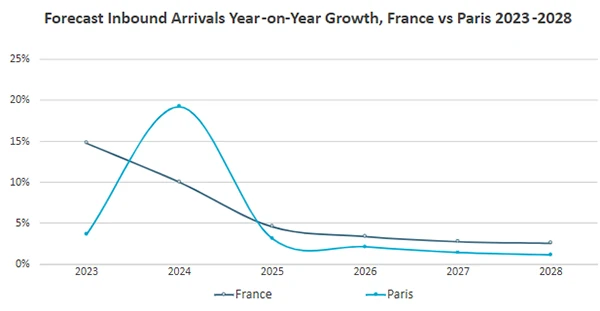
Statistics:
Since the Olympics are being held in Europe for the first time in 12 years, an influx of visitors from France’ visited Paris.
The main problem with Beauvais is that it is located quite far from Paris (80km). For this reason, the only transportation offered to the city is a direct bus service.
The journey lasts around an hour and a quarter (without taking traffic into account) and has an online price of €15.90 one way or €29.00 round trip, or €17 and €34 if bought at the ticket office.
If added costs, it doesn’t pay off.
In 2018, after comparing companies, schedules, and prices with Skyscanner, we chose to fly to Charles de Gaulle Airport with Easyjet.
Being only 25km away, consider reaching there via the regional train service (RER, line B), cheaper and faster than Beauvais buses. Read more about transportation in Paris here.
With this option, if someone arrives early in the day, they’ll have time to take advantage of the morning.
In our case, with these flights, we arrived on Wednesday night instead of Thursday morning (paying for one more night of accommodation).
However, the difference in the price of the flights made up for us. It also allowed us to have the entire next morning to visit places and make it more rested than if we had just arrived, without making a big difference in the budget.
In 2020, we chose to fly to Orly with Iberia, arriving in Paris at noon and leaving mid-afternoon.
The flight schedules are much better than the other 2 airports, making it possible to avoid early morning or almost night flights. If someone out there finds a good deal like we did, it’s as good an option as Charles de Gaulle.
The facilities at both airports are quite good.
Meal
No matter if you are passionate about gastronomy or not, you have to eat. French haute cuisine is highly valued worldwide, but if travelling on a fairly tight budget, French restaurants are not a better option.
One can afford to eat at a more sophisticated restaurant one day, but if they spare no expense on any of the meals, it will end up costing more than the whole amount of the trip.
Find information about daily menu prices in this post, but there are even more affordable alternatives for low-cost travelers.
In the small and secondary streets of many neighbourhoods, it is easier to find cheap restaurants than in the main ones.
Going a little away from the tourist areas to eat is highly recommended, and if looking forward to saving time and money, do a prior search for cheap places with good reviews and write them down.
Do You Know?:
Nôtre-Dame Cathedral is one of the beautiful cathedrals that has 12M tourist visitors.
Street crepe stands usually have sweet and savoury options between €3-5, perfect for a snack or a light meal.
In bakeries (not cafes), especially neighborhood ones, travelers can find real bargains to eat. Sweet pastries are perfect for breakfast and snacks.
The savory is delicious and very cheap, from good-sized croissants filled with ham and cheese to quiches for less than €3.5.
Else, treat oneself a little with some delicious and beautiful macarons.
The best options for tight budgets without giving up eating well are picnics.
Buying bread in a bakery, pâté, cheese, and/or sausages in a supermarket, and sitting down to eat in one of the many parks in Paris is an indispensable experience.
I will tell you more tricks to eat cheaply in this article.
What Luggage to Bring?
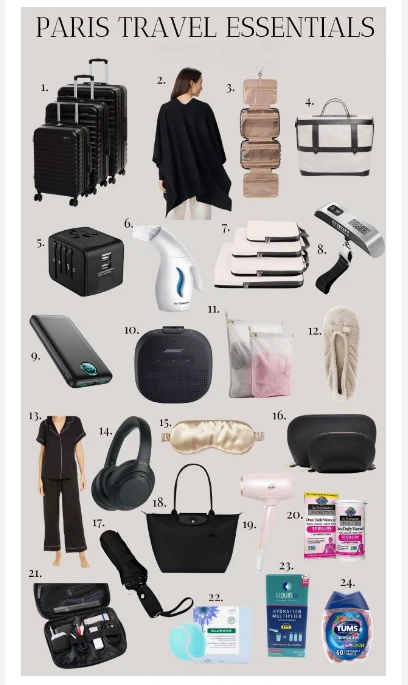
A carry-on suitcase is more than enough to transport everything needed for a few days, without forgetting a small backpack or bag for everyday use. Bring the right clothes for the trip, adapting them to the time of year you go.
Fast Fact:
A total of 6.2 million tourists from the United States visited Paris.
Read more tips on traveling with only carry-on luggage here.
It makes no sense to be loaded with “just in case” since space in a suitcase is gold and if you have any leftovers, don’t forget to bring back souvenirs when returning.
In addition, more and more low-cost companies charge for even carrying cabin luggage. All the space you can save also means saving money.
The necessary thing is comfortable and waterproof footwear, sneakers and flat boots will be suitable.
If someone intends to take photographs with a touch of fashion and wants to go out in high heels, keep them in a bag or backpack and wear them only for the photos, your feet will be thankful.
The streets are often cobbled, and uncomfortable shoes can easily sprain an ankle.
There is no need to take any type of special medication to travel to Paris, but it never hurts to carry the basics in a first aid kit: plasters, paracetamol, and medications for gastric problems.
If you are not used to walking a lot or think you may suffer from chafing, it is advisable to bring moisturizing creams and compete-style dressings (no one wants to miss half the trip because they cannot walk because of a blister).
My little kit of essentials for everyday life on a trip.
Tips
- Keep in mind holidays before planning a trip, some tourist places may be closed.
Holidays in Paris: CHRISTMAS (January 1, December 25), HOLY WEEK (First Monday of Easter, Ascension Thursday, Pentecost Monday), MAY (May 1, May 8), SUMMER (July 14, August 15), NOVEMBER (November 1, November 11).
Also, be sure to check for transportation strikes or any special events that could affect the plans.
- Individuals aged between 18 and 25 years old and living in the European Union, take the opportunity to visit Paris before turning 26.
Reading that “it’s not a cheap place” may scare someone at first, but travelers can save a good part of the travel costs if they go in that age group.
- Get lost walking whenever you can. Visiting the most vital monuments is very good, but we must not forget that Paris is more than that.
By strolling around a bit, discover its less touristy side and fall in love with other aspects of the city. Plus, it’s free.
Also Read: Sunset Sailing Cruises – A Romantic and Enjoyable Option

